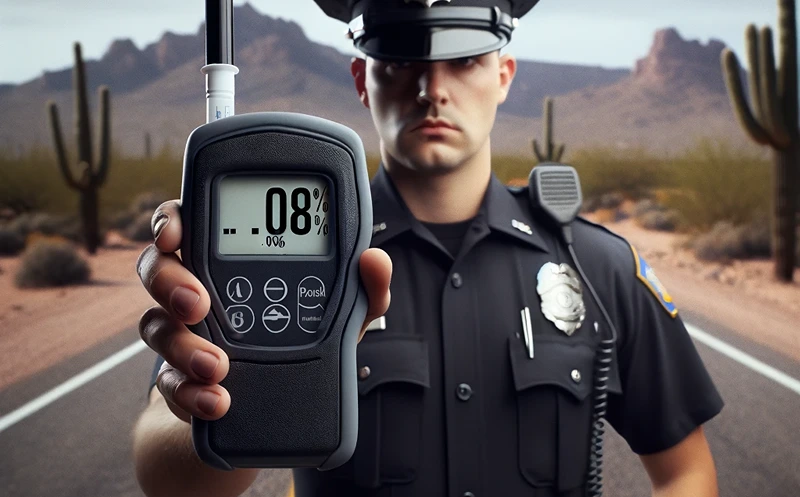
Investigative Article: Uncovering the Truth Behind False Positive Breathalyzer Tests
Introduction
Breathalyzer tests are commonly used by law enforcement officials to determine whether a driver is operating a vehicle while under the influence of alcohol. However, these tests are not always accurate and can lead to false positives, which can result in unwarranted DUI charges. In this investigative article, we will explore the truth behind false positive breathalyzer tests and how they can be challenged in court.
The Danger of False Positives
When a breathalyzer test results in a false positive, a driver can be wrongly charged with DUI, leading to significant consequences, including fines, license suspension, and even jail time. Even if a driver's blood alcohol concentration (BAC) is below the legal limit of 0.08% or the breathalyzer test is incorrect due to external factors such as diet or medical conditions, they can still face DUI charges if the officer believes their ability to drive is impaired in any way.
The Accuracy of Breathalyzer Tests
Breathalyzer tests are designed to measure the amount of alcohol in a person's breath by detecting and analyzing the molecules of alcohol in the person's breath sample. However, the accuracy of these tests can be affected by a variety of internal and external factors, including the calibration of the device, the administration of the test, and even the temperature and humidity of the testing environment.
Challenging the Results of a Breathalyzer Test
Individuals who are charged with DUI based on a false positive breathalyzer test have the right to challenge the results in court. One approach is to question the accuracy of the testing device, including its calibration and whether it was properly maintained and operated. Additionally, external factors such as diet and medical conditions may impact the accuracy of the test and provide a defense against the charges.
The Importance of Legal Representation
Challenging the results of a breathalyzer test can be a complex legal process that requires the expertise of a qualified attorney. An experienced DUI defense attorney can help individuals understand their legal rights, assess the accuracy of the breathalyzer test, and determine the best defense against DUI charges.
The Future of Breathalyzer Testing
As technology continues to advance, new and improved breathalyzer devices are being developed that aim to improve the accuracy of testing and reduce the risk of false positives. However, these devices are not yet widely available and it remains to be seen how effective they will be in preventing false positives in DUI charges.
Conclusion
Breathalyzer tests can be a valuable tool for law enforcement officials to determine whether a driver is under the influence of alcohol while driving. However, these tests are not always accurate and can lead to false positives, which can have serious consequences for drivers who are wrongly charged with DUI. By understanding the potential causes of false positives and seeking legal representation, individuals can challenge the results of a breathalyzer test and protect their legal rights.
False Positive Breathalyzer Test-Defending



No comments:
Post a Comment
Note: Only a member of this blog may post a comment.